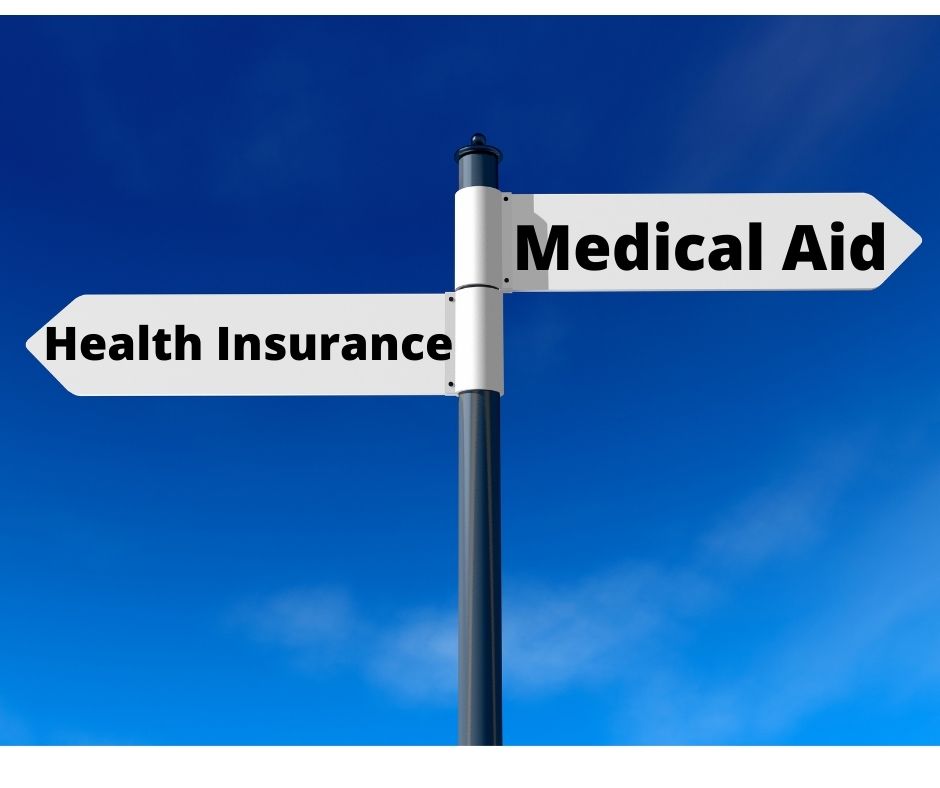Depression is more than simply feeling unhappy or fed up for a few days. Most people go through periods of feeling down, but when you're feeling sad and unhappy constantly for weeks or months, rather than just a few days here and there, and it's enough to interfere with your work, social life and family life - you are depressed.
Some people think depression is trivial and not a genuine health condition. They're wrong – it is a real illness with real symptoms. It is not a sign of weakness or something you can "snap out of" by "pulling yourself together". However, the good news is that with the right treatment and good support, most people can make a full recovery.
3 Severities of Depression
Unfortunately it can often come gradually, so it can be difficult to notice something is wrong. Many people try to cope with their symptoms without realising they're unwell. It can sometimes take a friend or family member to suggest something is wrong. It can be serious:
- Mild – has some impact on your daily life
- Moderate – has a significant impact on your daily life
- Severe – makes it almost impossible to get through daily life; a few people may also have psychotic symptoms
Depression takes many forms and levels of intensity. Anyone, regardless of age, sex, and financial standing, can develop and suffer from it. This mental health disorder has physical and emotional side effects and can be difficult to identify because it shares symptoms with other disorders. Plus, the symptoms vary from person to person. The rising number of young people being diagnosed with depression is cause for concern, and it is important to recognise the signs of clinical depression.
Some of the Symptoms
- feeling hopeless and helpless
- having low self-esteem
- feeling tearful, irritable and intolerant of others
- having no motivation or interest in things and/or neglecting your hobbies/interests
- finding it difficult to make decisions
- feeling anxious or worried
- having suicidal thoughts or thoughts of harming yourself
- lack of energy and/or not wanting to socialise
- low sex drive (loss of libido)
- disturbed sleep
Some of the Treatments
Treatment for depression usually involves a combination of lifestyle changes, talking therapies and medicines.
Self-care: Many people benefit by making lifestyle changes, such as getting more exercise, cutting down on alcohol, giving up smoking and eating healthily. Reading a self-help book or joining a support group are also worthwhile and can be very informative. They can help you gain a better understanding about what causes you to feel depressed. Sharing your experiences with others in a similar situation can also be very supportive.
Medical treatments: Treatment can involve a combination of lifestyle changes, talking therapies and medicine. Your recommended treatment will be based on whether you have mild, moderate or severe depression.
If you have mild depression, your doctor may suggest waiting to see whether it improves on its own with some self-care, while monitoring your progress. This is known as "watchful waiting". Talking therapies, such as cognitive behavioural therapy (CBT), are often used for mild depression that is not improving, or moderate depression. Antidepressants are also sometimes prescribed for moderate to severe depression, a combination of talking therapy and anti-depressants is often recommended. If you have severe depression, you may be referred to a specialist mental health team for intensive specialist talking treatments and prescribed medicine.
Do You Have Health Cover?
To get a FREE quote or comparison for your Health needs - from Medical Aid to Hospital Plans only......including or excluding Gap Cover contact us now or complete this Form.

DISCLAIMER: This blog offers information designed for educational purposes only. You should not rely on any information on this site as a substitute for professional medical advice, diagnosis, treatment, or professional counselling. If you have any concerns or questions about your health, you should always consult with a healthcare professional.

